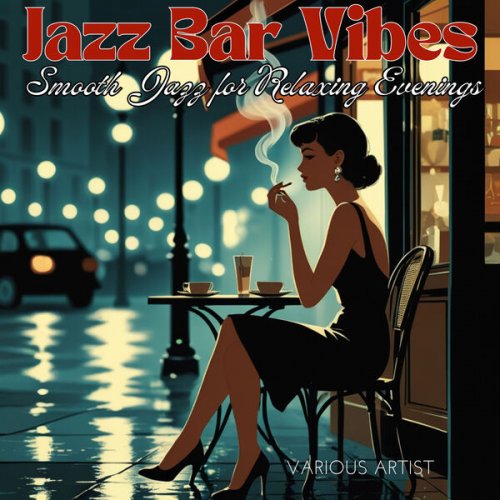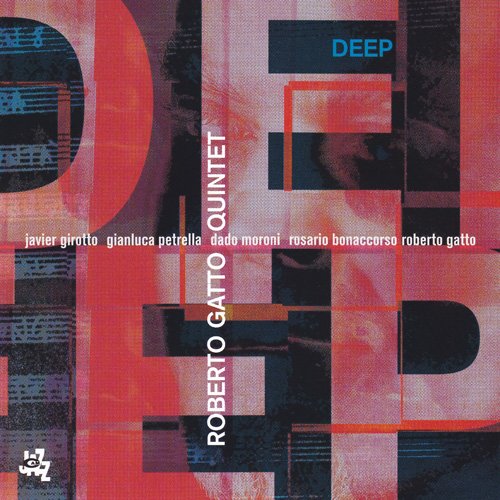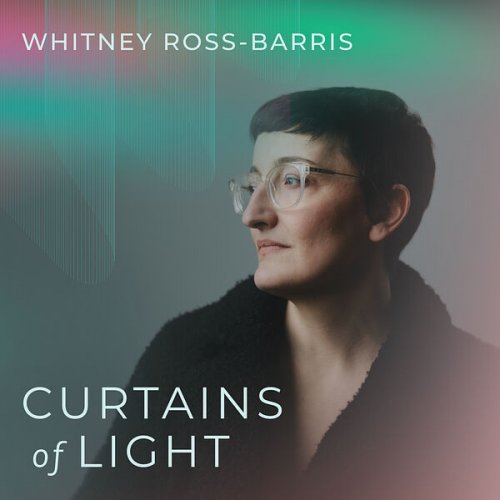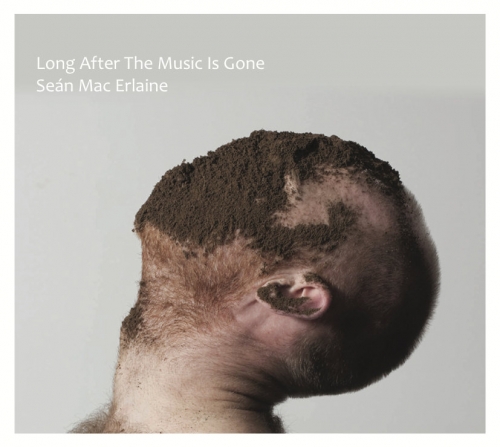Jan Bastiaan Neven, Algarve Orchestra, Álvaro Cassuto - Braga Santos: Cello concerto (2004)
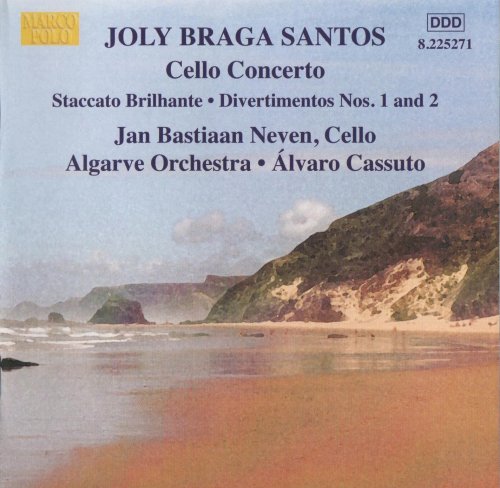
Artist: Jan Bastiaan Neven, Algarve Orchestra, Álvaro Cassuto
Title: Braga Santos: Cello concerto
Year Of Release: 2004
Label: Marco Polo
Genre: Classical
Quality: FLAC (image+.cue,log,scans)
Total Time: 01:06:22
Total Size: 312 Mb
WebSite: Album Preview
Tracklist: Title: Braga Santos: Cello concerto
Year Of Release: 2004
Label: Marco Polo
Genre: Classical
Quality: FLAC (image+.cue,log,scans)
Total Time: 01:06:22
Total Size: 312 Mb
WebSite: Album Preview
01. Staccato Brilhante [0:02:24.62]
02. Nocturno for strings [0:06:50.65]
03. Divertimento n.1 I.Preludio [0:07:30.18]
04. Divertimento n.1 II.Intermezzo [0:05:05.42]
05. Divertimento n.1 III.Finale [0:08:28.68]
06. Divertimento n.2 I.Largamente [0:08:18.72]
07. Divertimento n.2 II.Allegro vivace [0:04:57.23]
08. Concerto for Cello and Orchestra - 1.Moderato [0:06:33.05]
09. Concerto for Cello and Orchestra - 2.Allegro [0:07:01.40]
10. Concerto for Cello and Orchestra - 3.Andante [0:09:17.00]
Performers:
Jan Bastiaan Neven - cello
Algarve Orchestra
Álvaro Cassuto – conductor
Joly Braga Santos (1924-1988) was Portugal's best-known composer of the twentieth century. His work displayed little national flavor; it incorporated various foreign influences and changed according to prevailing trends, yet displayed a consistent melodic inclination and rhythmic verve that are recognizable across stylistic lines. His six symphonies are his best-known works, but the Naxos label's Marco Polo imprint, dedicated to the exploration of unfamiliar repertories, has issued a series of discs devoted to other music by Braga Santos in recent years. This set of orchestral pieces spans his entire career, from the 20-year-old composer's Nocturno for strings to the Concerto for cello and orchestra and Staccato brilhante, written in the last year of his life.
The Nocturno is a quiet, romantic work that will be enjoyed by anyone with an ear for Samuel Barber or the music of the English pastoralists, while the late Divertimento No. 2 and the dark, deliberate, more dissonant cello concerto suggest the influence of Shostakovich, a major model for any composer who resisted the peer pressure of atonalists in the 1960s and 1970s. Yet cataloguing the influences that appear in Braga Santos' music fails to convey its full flavor. It is artfully wrought throughout, with a tendency toward sheer melodic beauty. The Divertimento No. 1 uses snare drums and other percussion effectively, and the composer expertly uses a variety of devices to control the music's temperature: he varies rhythmic intensity, piles on dissonant counterpoint, lets the texture dissolve into spacious pianissimos. The regional and mostly youthful Algarve Orchestra of Portugal handles the quiet string passages very well (listen to the end of the Nocturno), and you might easily take them for one of the major European orchestras. Though this music is obscure, anyone who enjoys Copland, Vaughan Williams, or more recent orchestral works will find it well worth its budget price.
The Nocturno is a quiet, romantic work that will be enjoyed by anyone with an ear for Samuel Barber or the music of the English pastoralists, while the late Divertimento No. 2 and the dark, deliberate, more dissonant cello concerto suggest the influence of Shostakovich, a major model for any composer who resisted the peer pressure of atonalists in the 1960s and 1970s. Yet cataloguing the influences that appear in Braga Santos' music fails to convey its full flavor. It is artfully wrought throughout, with a tendency toward sheer melodic beauty. The Divertimento No. 1 uses snare drums and other percussion effectively, and the composer expertly uses a variety of devices to control the music's temperature: he varies rhythmic intensity, piles on dissonant counterpoint, lets the texture dissolve into spacious pianissimos. The regional and mostly youthful Algarve Orchestra of Portugal handles the quiet string passages very well (listen to the end of the Nocturno), and you might easily take them for one of the major European orchestras. Though this music is obscure, anyone who enjoys Copland, Vaughan Williams, or more recent orchestral works will find it well worth its budget price.
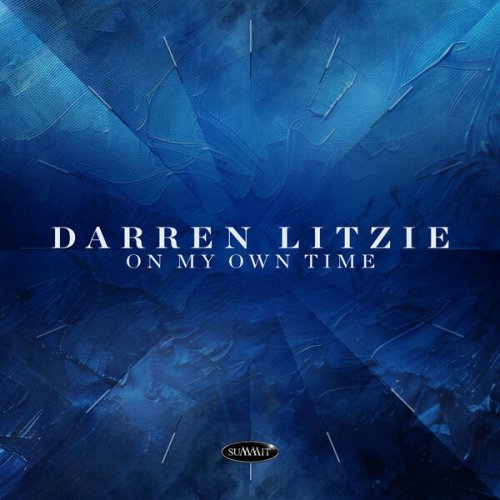
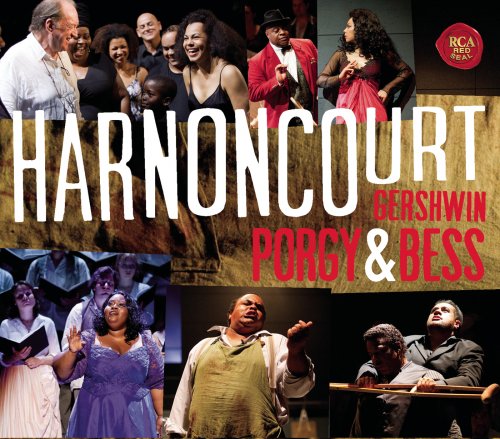
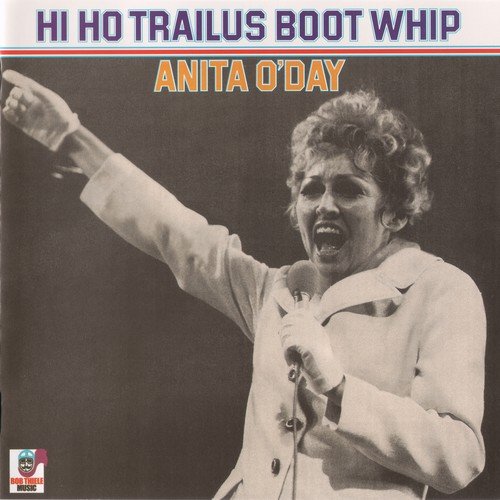
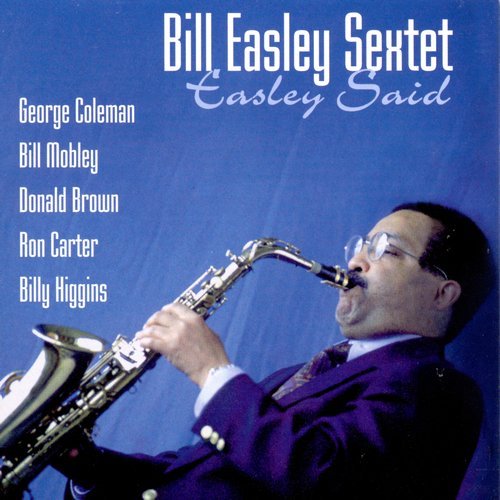
![Tobias Becker Bigband - Venti (2026) [Hi-Res] Tobias Becker Bigband - Venti (2026) [Hi-Res]](https://www.dibpic.com/uploads/posts/2026-02/1771331468_folder.jpg)
